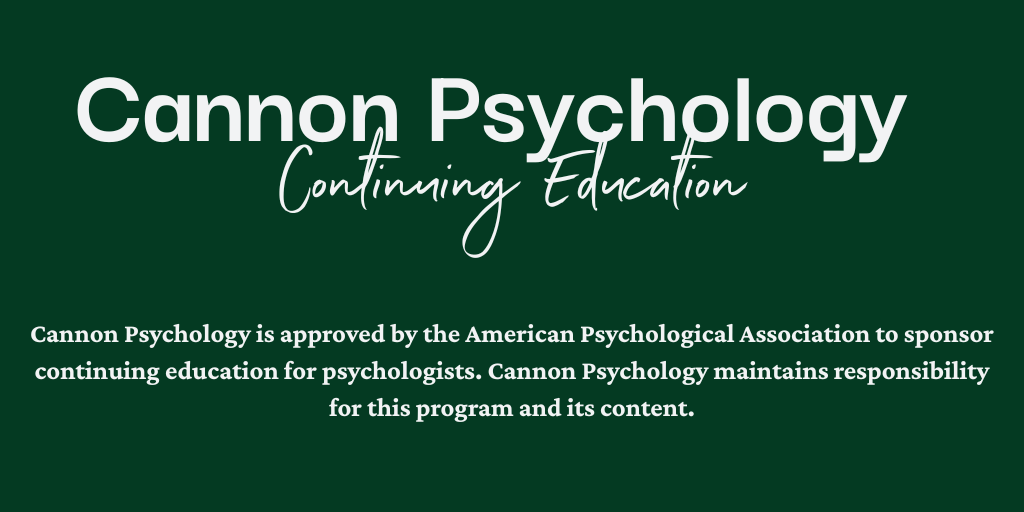

Addiction Treatment & Recovery Support Hub
Welcome to the Addiction Treatment Hub, a resource for psychologists who want to strengthen their work with clients navigating substance use disorders (SUDs). This hub gathers together our 5-part blog series on addiction treatment, including the integration of EMDR and Substance Use work, specialized Addiction Focused EMDR protocols, relapse prevention, and evidence-based Addiction Treatment Planning strategies.
Whether you’re supporting clients in early recovery, working with co-occurring trauma, or building an EMDR Master Treatment Plan for addiction, this hub is designed to give you practical tools, clinical examples, and research you can immediately apply.
Featured CE Course: Applying EMDR to Substance Use Disorder Treatment
This CE Course by an APA Approved Sponsor explores how to integrate EMDR and Addiction Treatment in a safe, effective, and ethically grounded way. You’ll learn how to address cravings, relapse prevention, and trauma-driven use in clinical practice.
You’ll learn to address cravings, relapse prevention, and trauma-driven use while maintaining fidelity to EMDR principles. This course also reviews leading protocols such as DeTUR, CravEx, FSAP, and the Flashforward Technique, helping you build confidence in integrating EMDR with addiction-focused interventions.
For clinicians seeking applied structure, you can also access the EMDR & Substance Use CE + Addiction Toolkit, which includes the full toolkit of clinical printables used in the course.
Addiction Treatment Blog Series
Explore the full 5-part series on addiction treatment and EMDR integration:
Foundations of EMDR and Substance Use Treatment Planning – How EMDR can be applied to substance use treatment and recovery planning.
Culturally Responsive EMDR for Addiction Treatment – Addressing disparities and supporting culturally responsive addiction care.
EMDR Target Selection and Sequencing in Addiction Work – Apply tools like the Target Selection in EMDR for Addiction & Problematic Behavior Clinician Guide and Client Handout to identify relapse drivers and sequence EMDR targets effectively.
Addiction-Focused EMDR Protocols - DeTUR, CravEx, FSAP, and More – Learn how to use the Addiction & Problematic Behavior Protocols in EMDR and the Protocol Sequencing by Stage of Change Guide for relapse prevention and craving reduction.
Relapse Prevention and Long-Term Recovery in Addiction Treatment – Using treatment planning and EMDR to strengthen recovery and prevent relapse. Strengthen recovery and prevent relapse using the Relapse Prevention: Maintenance & Recovery Plan and the Relapse Prevention: Safety & Harm Reduction Plan.
These resources can also be accessed collectively in the Addiction & Problematic Behavior EMDR Toolkit or as part of the Complete EMDR Printable Library.
Clinical Tools for Addiction-Focused EMDR
Before reprocessing begins, clinicians can assess readiness using the free EMDR Readiness Guide for Addiction and Problematic Behaviors (email required). You can also integrate a trauma-informed EMDR Informed Consent Form to ensure clients are fully educated and able to provide informed consent prior to treatment. These tools align directly with the frameworks taught in the Applying EMDR to Substance Use Disorders CE Course and the EMDR Treatment Planning: Target Selection and Sequencing CE Course, providing structure for both addiction-specific and general EMDR planning.
Why This Matters
Substance use disorders are rarely just about the substance. They’re often interwoven with trauma, attachment wounds, stress, and systemic barriers to care. Traditional evidence-based approaches like CBT, motivational interviewing, and contingency management are essential, but they don’t always resolve the underlying drivers of addictive behavior.
By combining EMDR and addiction-focused approaches, clinicians can address both external triggers (like cues, people, or environments) and internal states (such as shame, craving, or trauma activation).
Integrating tools like the Core EMDR Target Selection & Sequencing Toolkit with addiction-specific protocols creates a unified framework for safe and effective recovery work.
This hub provides clinicians with the research, structure, and tools to deliver ethical, trauma-informed addiction treatment that moves beyond symptom management — toward genuine integration and long-term recovery.
Looking for general EMDR planning strategies? Explore the EMDR Training and Treatment Hub
Continue Learning with CEU Opportunities
If you’re ready to deepen your clinical skillset, explore these continuing education options through an APA-Approved Sponsor:
Applying EMDR to Substance Use Disorders CE Course – Learn how to integrate EMDR safely into addiction recovery.
EMDR Treatment Planning: Target Selection and Sequencing CE Course – Strengthen your treatment planning and sequencing skills for complex trauma and addiction cases.
EMDR & Substance Use CE + Addiction Toolkit – Earn CE credit while gaining access to the full suite of addiction-focused EMDR digital downloads.
Looking for general EMDR planning strategies? Visit the EMDR Training and Treatment Hub for additional frameworks, examples, and downloadable tools.
Cannon Psychology is approved by the American Psychological Association to sponsor continuing education for psychologists. Cannon Psychology maintains responsibility for this program and its content

